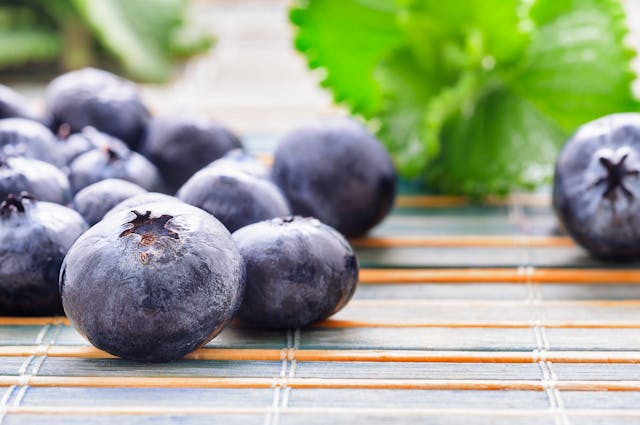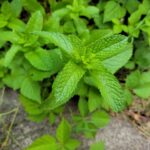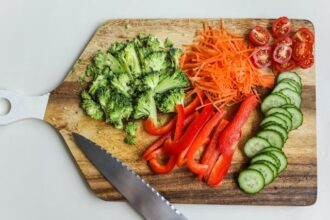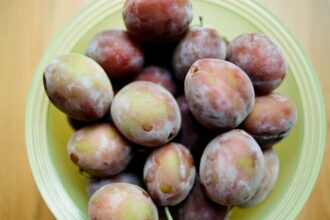Blueberries, known for their nutrient-rich profile and ubiquitous presence in breakfast smoothies, also find their way into winemaking. However, the process of fermenting these powerful berries raises questions about the preservation of their health-promoting compounds. Researchers from ACS Food Science & Technology delved into this inquiry, investigating how fermentation affects blueberry wine’s bioactive compounds and antioxidant properties.
The study, led by Maria Serratosa and her team, began with 8 litres of blueberry juice sourced from southern Spain. Dividing the juice into 1-litre flasks, they subjected half to a water bath at 17 degrees Celsius (63 degrees Fahrenheit) and the other half to 21 degrees Celsius (70 degrees Fahrenheit). Within each temperature condition, two flasks underwent a lengthy fermentation process to produce dry wine, while the remaining two underwent a shorter fermentation for sweet wine. This experimental setup allowed the researchers to compare the levels of bioactive compounds between the initial juice and the final wine products.
Key compounds of interest included anthocyanins, responsible for wine’s red hue, flavonols known for their antioxidant properties, flavan-3-ols, which contribute to vascular health, tannins that impart astringency, and vitamin C, crucial for tissue repair and immune function. Using a free-radical-scavenging assay, they measured the antioxidant activity of these compounds in both the juice and wines.
The findings revealed that longer fermentation times decreased anthocyanins, tannins, and flavonols while flavan-3-ols increased. Interestingly, vitamin C content remained unaffected by fermentation duration but was significantly lower in wines fermented at a higher temperature (21 degrees Celsius) than those fermented at a lower temperature (17 degrees Celsius). Despite these variations, all wines retained higher antioxidant activity than the original blueberry juice.
The study highlights that while fermenting blueberry juice into wine preserves many of the fruit’s beneficial compounds, temperature and fermentation duration play pivotal roles in shaping the final nutritional profile. Optimising these parameters could enhance the retention of bioactive compounds, thereby maximising the health benefits of this superfood-infused tipple. Further research in this domain could advance winemaking techniques and the nutritional value of blueberry-derived products.
More information: M. Angeles Varo et al, Exploring the Impact of Temperature and Fermentation Time on the Evolution of Bioactive Compounds, Antioxidant Activity, and Color Evolution in Blueberry Wines, ACS Food Science & Technology. DOI: 10.1021/acsfoodscitech.4c00271
Journal information: ACS Food Science & Technology Provided by American Chemical Society








